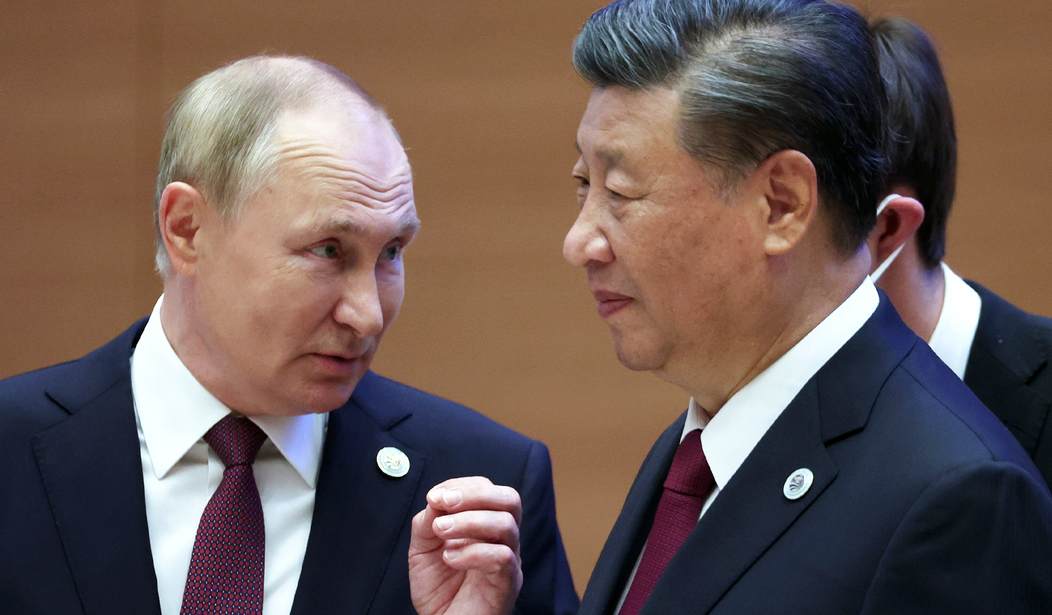The G-20 summit in Indonesia this week didn’t wind up producing too many interesting headlines. Joe Biden’s meeting with Xi Jinping resulted in a few statements about “red lines” and such, but no real shifts in position or lessening of the ongoing tensions were seen. But near the close of the event, the time came for the group of leaders to issue a joint statement and one part of it included yet another condemnation of Russia’s invasion of Ukraine. As we’ve seen from the beginning, both China and India have continued to maintain strong trade relations with Russia rather than joining in on the economic warfare currently being waged by the NATO allies. Since neither country appeared to block the statement, the Associated Press ran with a hopeful headline asking if the two nations were finally ready to “shift their stance” on the invasion. But a quick look at the details suggests that this spin is quite a bit too optimistic.
China and India, after months of refusing to condemn Russia’s war in Ukraine, did not stand in the way of the release this week of a statement by the world’s leading economies that strongly criticizes Moscow.
Could this, at last, signal a bold new policy change by Beijing and New Delhi to align themselves with what the United States and its allies believe is the best way to end a war that has brought death and misery to Ukraine and disrupted millions of lives as food and energy prices soar and economies crack?
There’s certainly an eagerness by a world weary of war to see it as the beginning of a shift by the burgeoning global powers.
Reading further into the article, even the AP admits that the world shouldn’t be reading too much into the final G-20 statement. The “forceful” announcement (as described by the host) included what the report describes as “vagueness” and “subtlety.” The statement claims that “most nations” at the conference “strongly condemn” the war in Ukraine. In other words, neither China nor India delivered any sort of strong condemnation and they didn’t announce any type of new sanctions or other actions intended to pressure the Russians to withdraw. They simply declined to try to block the statement or issue one of their own separately.
And really, why would they? China makes a lot of money from Russia and benefits greatly from getting cheap energy from Moscow now that so many other countries have curtailed their imports. The same can be said for India, if to a lesser degree. But India is also not a military powerhouse and they sit only a stone’s throw away from China. Why would they cause trouble with their massively more powerful neighbor?
The AP describes this as a situation where the two countries are “looking out for their own interests and keeping future options open.” That much should have been obvious from the outset. China and India are looking toward the future far more than NATO is at the moment. The underlying reality here is that the war in Ukraine is going to end sooner or later. And Russia is one of the 800-pound gorillas in the room, both economically and militarily (if you include their nukes, anyway). The western world can’t permanently shut down all trade with Russia without cutting off its own nose to spite its face.
So what happens then? Is everyone supposed to just shuffle their feet, awkwardly shake hands and pretend that all of this never happened? That may sound incomprehensible, but short of a world war, that’s almost certainly what will have to happen. And when it does, China and India will be in better shape than the rest of us, having not blasted the same sort of hole in their respective economies. This entire economic warfare idea really hasn’t been working out very well at all, and the United States and the NATO countries in Europe seem to be taking more damage than the Russians.








Join the conversation as a VIP Member